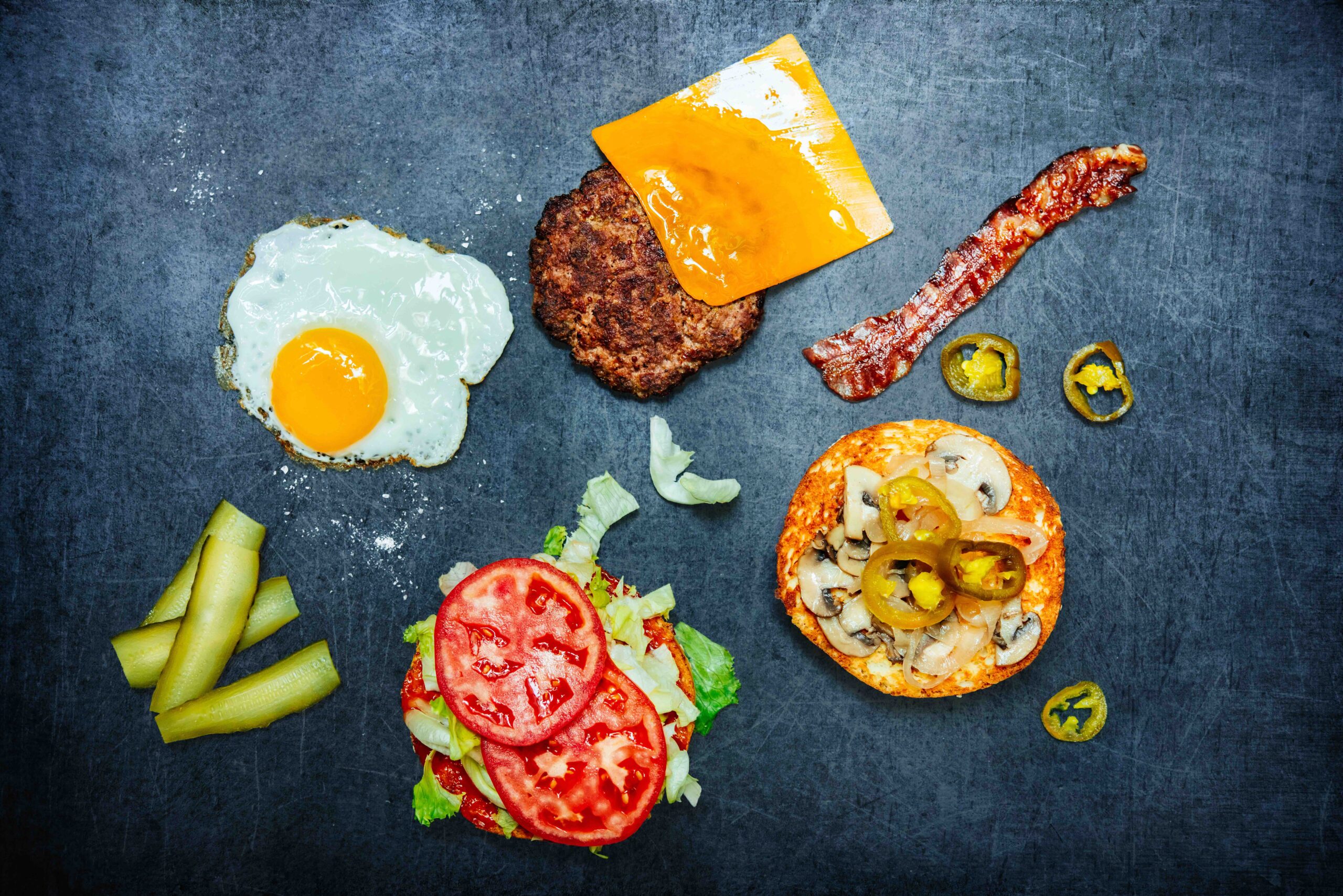In a recent 12-week dietary experiment, British adventurers and identical twins, Ross and Hugo Turner, set out to explore the impacts of different diets on their health and energy levels. Ross adopted a high-carbohydrate diet, while Hugo embraced a high-fat regimen. Both consumed approximately 3,500 calories daily and maintained similar exercise routines, including cardio and strength training.

By the end of the study, Ross experienced a gain of 1 kilo in muscle mass, a loss of 1 kilo in fat, improved cholesterol levels, and a slight reduction in visceral fat—from 11.5% to 11.1%. Conversely, Hugo gained 3 kilograms, lost 300 grams pounds of fat, saw no change in cholesterol levels, and experienced an increase in visceral fat from 11.4% to 12.6%. Notably, Ross reported higher energy levels and better cardiovascular endurance compared to Hugo, who struggled with stamina during physical activities.
This experiment underscores the potential benefits of a balanced, high-carbohydrate diet over a high-fat alternative, particularly in terms of energy levels and cardiovascular fitness. While both twins became fitter and leaner, Ross’s experience suggests that incorporating more carbohydrates may enhance energy and endurance during workouts.
“I just never felt good,” Hugo told Business Insider. “I was eating at least six times a day and never felt full or satisfied, hence I was constantly hungry. But equally, I didn’t have the crashes that I would probably associate with a higher-carb diet.”
Ross, on the other hand, said he felt full but missed the texture and satisfaction of high-fat foods. He admitted to occasionally indulging in a small piece of dark chocolate to curb his cravings.
Steven Harris, a performance physiologist at Loughborough University who worked with the Turners, told Business Insider that it was significant that both twins saw improvements in cardiovascular fitness and metabolic health. However, he noted that the high-carb diet seemed to help Ross push himself a bit harder, potentially throughout the 12 weeks of training, not just in the final tests.
It’s important to note that individual responses to diets can vary, and factors such as personal health conditions, lifestyle, and specific fitness goals should be considered when choosing a dietary plan. Consulting with healthcare professionals or nutritionists is advisable to determine the most suitable diet for one’s needs.
This study adds to the ongoing discussion about the effects of different macronutrient distributions on health and performance, highlighting the importance of personalized nutrition strategies.




